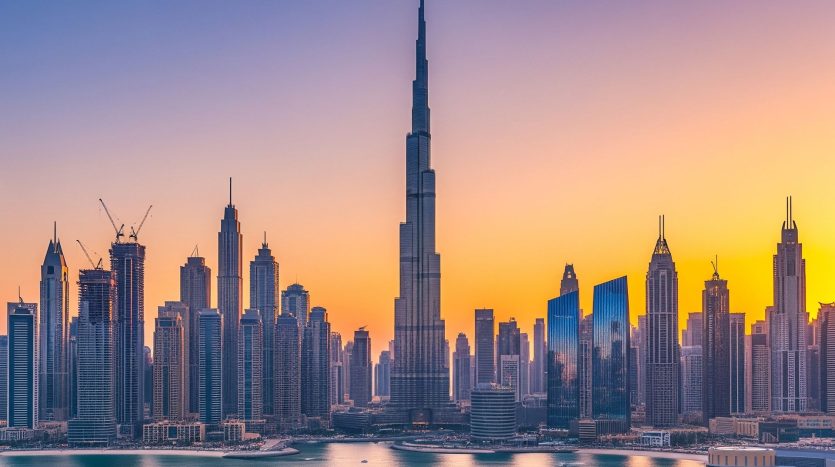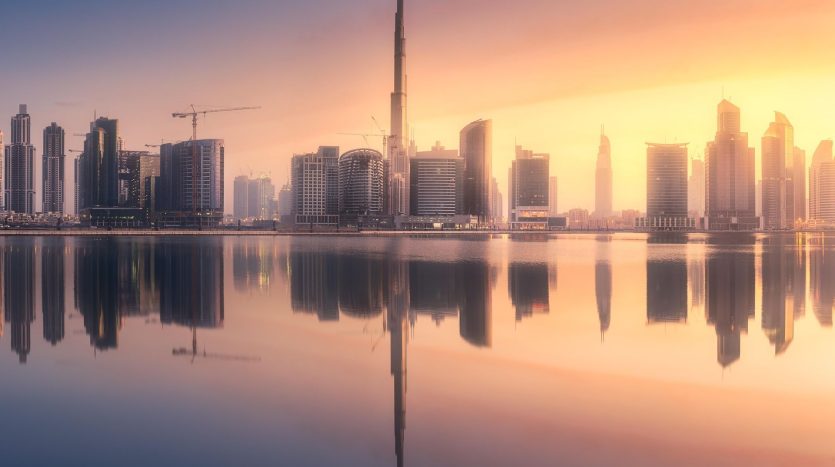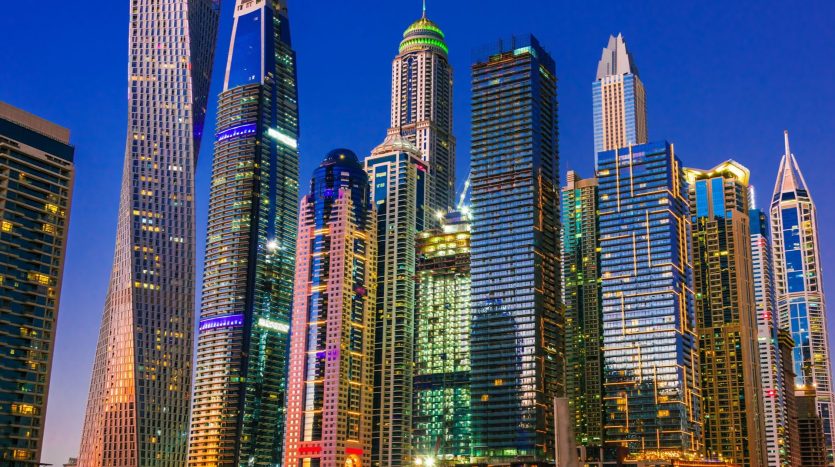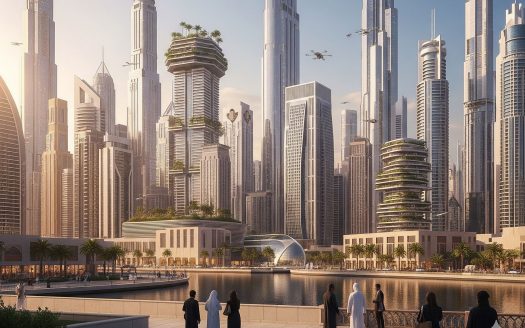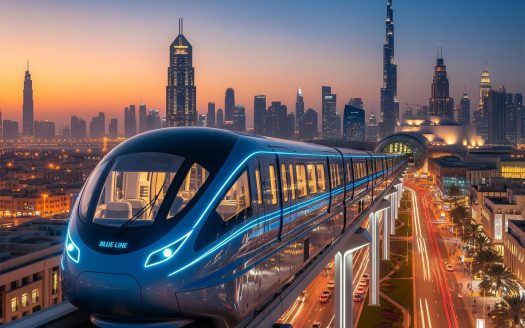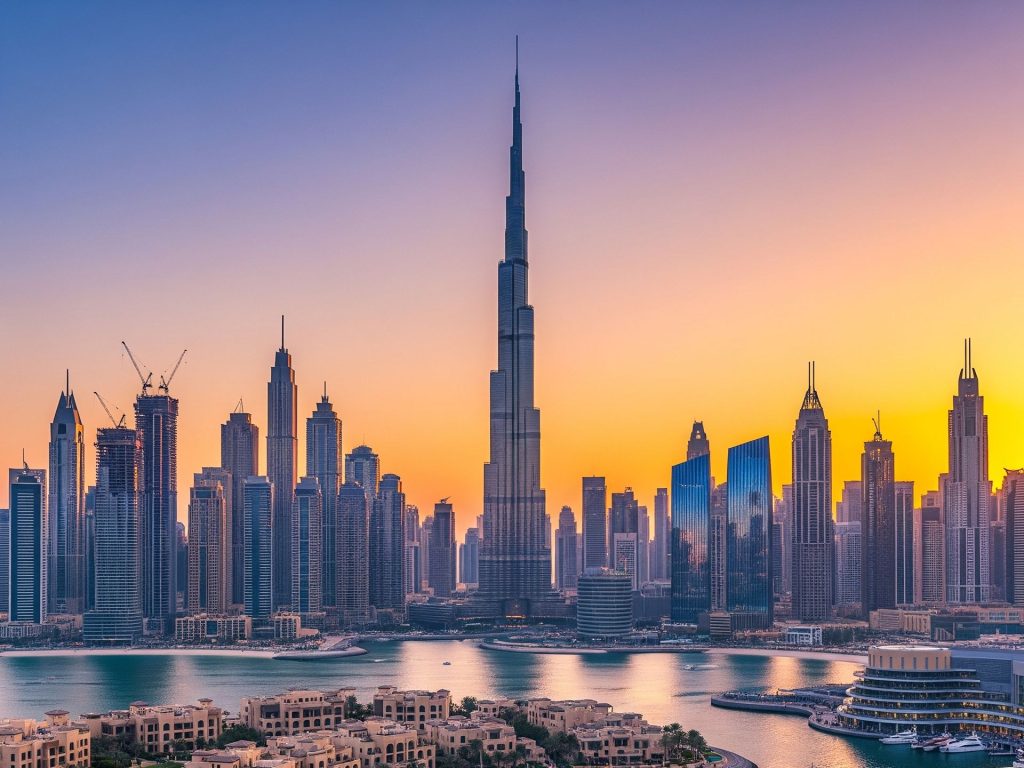
What Every Investor Needs to Know Before Buying
Dubai has established itself as one of the most dynamic property markets in the world, attracting buyers with its tax-free framework, investor-friendly policies, and world-class infrastructure. But success here doesn’t come from rushing into a deal. For investors, especially those new to the region, it’s essential to understand how the market works — from legal structures and costs to yields and long-term strategies.
Understanding the Market Structure
Dubai’s property market operates across two main channels: the primary market and the secondary market. In the primary segment, investors buy directly from developers such as Emaar, DAMAC, or Nakheel. The secondary market involves transactions with existing owners or companies. Both offer opportunities, but the rules around pricing, resale, and fees differ significantly, and understanding this distinction is the first step toward making informed decisions.
Another important consideration is whether you choose ready properties or off-plan developments. Ready properties are complete and often rented, providing immediate income streams. Off-plan units, on the other hand, are still under construction and usually come with flexible payment structures and lower entry points. Dubai law requires that off-plan payments be held in escrow accounts regulated by RERA, ensuring developers can only access funds as construction milestones are achieved. This system offers investors a layer of protection rarely seen in emerging markets
Costs That Go Beyond the Purchase Price
Investors often focus solely on unit prices, but Dubai property ownership involves several additional charges. A mandatory 4% transfer fee to the Dubai Land Department (DLD) applies to every sale. There are also administration fees ranging from AED 2,000–4,000, title deed issuance costs (AED 580 on average), and brokerage commissions, typically 2% on secondary transactions. Factoring these into the budget is critical to avoid surprises
Once the property is secured, buyers should also plan for annual service charges that cover building maintenance, security, landscaping, and utilities in some developments. These charges usually range between AED 15–30 per square foot per year, with luxury towers and prime locations commanding higher fees
Legal and Documentation Framework
The documentation process depends on whether the property is off-plan or completed. For off-plan purchases, buyers start with a booking form, followed by a Sale & Purchase Agreement (SPA), registration under Oqood (pre-title deed), and finally, the issuance of a title deed upon handover. Ready properties skip the Oqood stage, with the title deed provided directly after purchase. Verifying all documents through the DLD portal remains a vital step to safeguard against disputes.
Resale and Financing Rules
Dubai’s off-plan market allows for profitable exits even before completion. Many developers issue a No Objection Certificate (NOC) once 30–50% of the total purchase price has been paid, enabling resale. This has historically given investors 20–30% gains during the construction phase.
Mortgage availability also differs by property type. For ready units, banks may finance up to 75% of the property value, while for off-plan purchases, mortgages are limited to the amount already paid at handover — not the future value. Investors relying on leverage must plan their cash flows accordingly.
Rental Yields and Market Performance
One of Dubai’s biggest draws is its rental performance. As of 2025, the average gross rental yield across the city stands at 6.9%, with apartments averaging 7.3% and villas around 5%.
Short-term rentals can outperform significantly. In areas such as Downtown Dubai, Dubai Marina, and JBR, nightly rates often push gross yields to 12–15% annually, especially when occupancy is strong. Long-term rentals, meanwhile, remain popular in family-oriented communities like Dubai Hills or Arabian Ranches, where yields are steadier but turnover is lower.
Looking ahead, market analysts expect rental prices to rise by 13–18% in 2025, driven by population growth, limited new supply in prime areas, and ongoing infrastructure upgrades.
Population Growth and Housing Demand
Population growth underpins the entire investment story. Dubai’s population crossed 4 million residents in 2025 and is projected to hit 5 million by 2030, according to official government data. This growth translates into demand for 350,000–500,000 additional homes within the next five years. With demand outpacing supply, property values and rents are expected to remain under upward pressure.
The Role of Agents vs. Developers
A common misconception is that buying directly from a developer saves costs. In reality, developers prioritize selling their own inventory. Licensed property agents in Dubai, offer investors a view across multiple projects, negotiate terms, and provide unbiased advice. Importantly, in off-plan sales, agents’ commissions are paid by the developer, meaning no additional cost to the buyer.
Final Word
Dubai’s real estate market is one of the most attractive globally, but it is also highly sophisticated. The opportunities — from strong rental yields to rapid capital appreciation — are real, but only when paired with a clear understanding of the legal, financial, and strategic framework. For investors ready to position themselves in one of the world’s fastest-growing cities, knowledge is not optional. It’s the difference between chasing trends and building long-term wealth.
Sources
- Khaleej Times – Dubai population growth and housing demand
Driven Properties – Escrow account system in Dubai real estate - DSX – Escrow and why it matters for off-plan buyers
- Betterhomes – Hidden costs of buying property
- Engel & Völkers – DLD fees and rental yield benchmarks
- Aurantius – Dubai property prices surge 2025
- Haus & Haus – Rental market outlook 2025
- DAMAC – Short-term vs long-term rental yields

